Proteases
Proteases, also known as peptidases or proteolytic enzymes, consists of a large number of enzymes catalyzing the hydrolysis of peptide bonds and subsequently resulting in the degradation of protein substrates into amino acids. Proteases are involved in a wide range of human diseases, including cancer, neurodegenerative disorders, inflammatory diseases and cardiovascular diseases. Thus numerous proteases inhibitors (small molecules and proteins) have been identified to block activity of proteases. Proteases inhibitors can be classified into different types based on the class of proteases they inhibit through two general mechanisms, irreversible “trapping” reactions and reversible tight-binding reactions. Proteases inhibitors have been used as diagnostic or therapeutic agents for the treatment of proteases-related diseases.
-
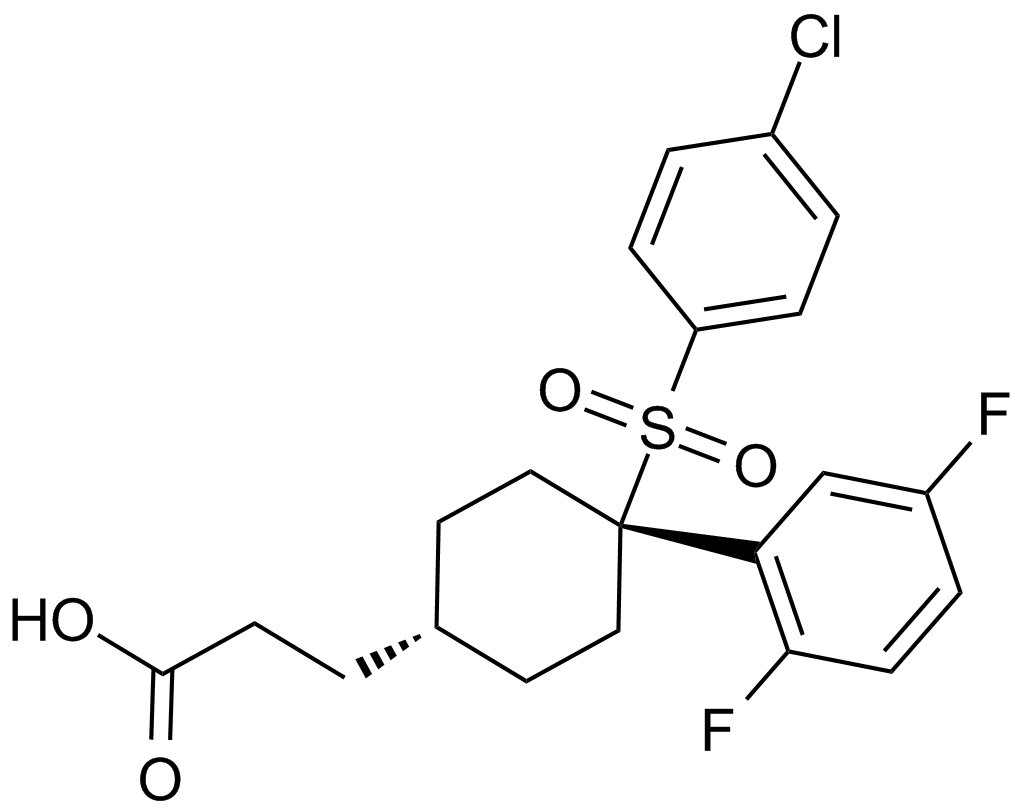 A4006 MK-07521 CitationSummary: γ-secretase inhibitor
A4006 MK-07521 CitationSummary: γ-secretase inhibitor -
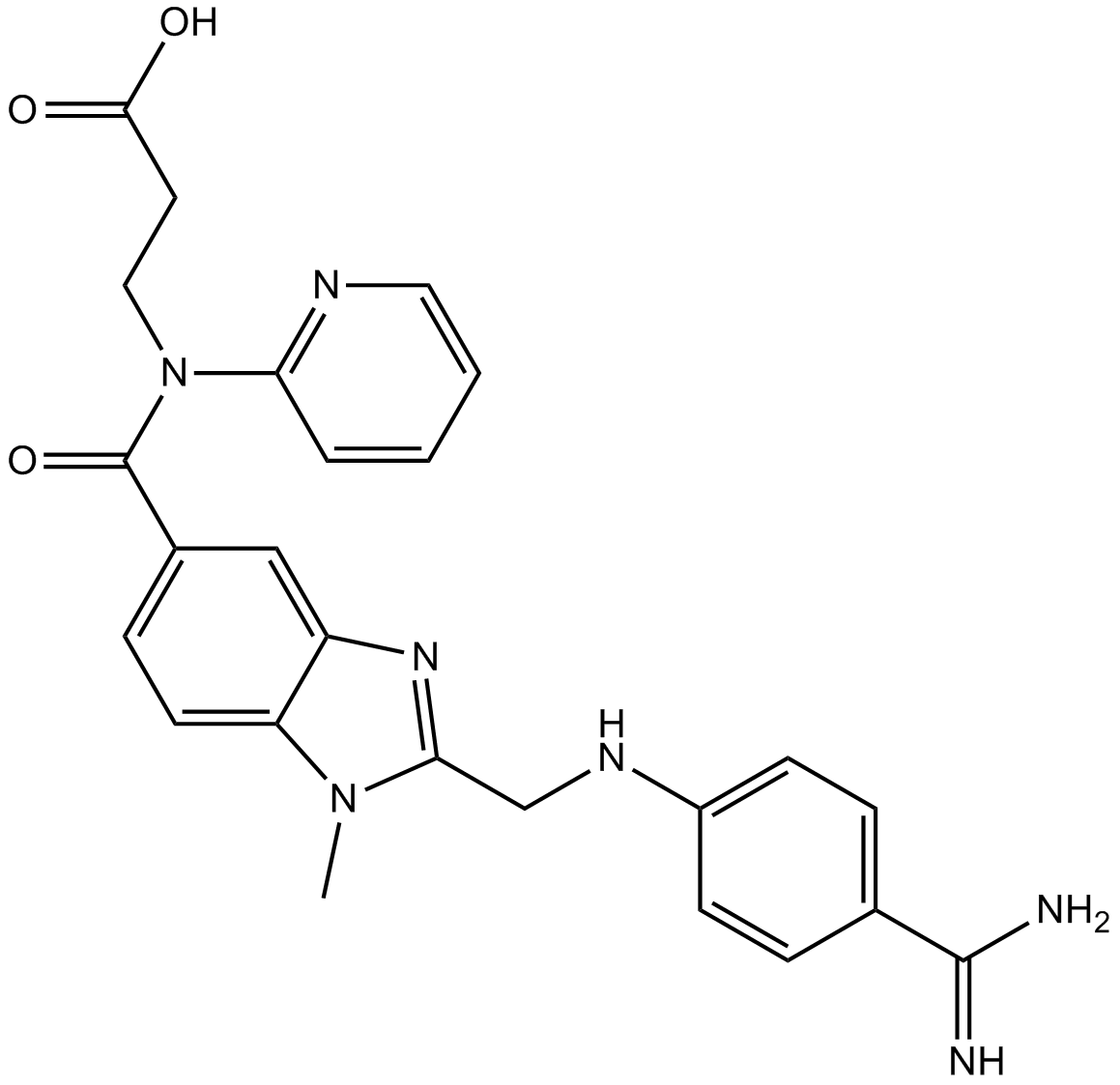 A4077 BIBR 953 (Dabigatran, Pradaxa)Summary: Thrombin inhibitor,potent,reversible and direct
A4077 BIBR 953 (Dabigatran, Pradaxa)Summary: Thrombin inhibitor,potent,reversible and direct -
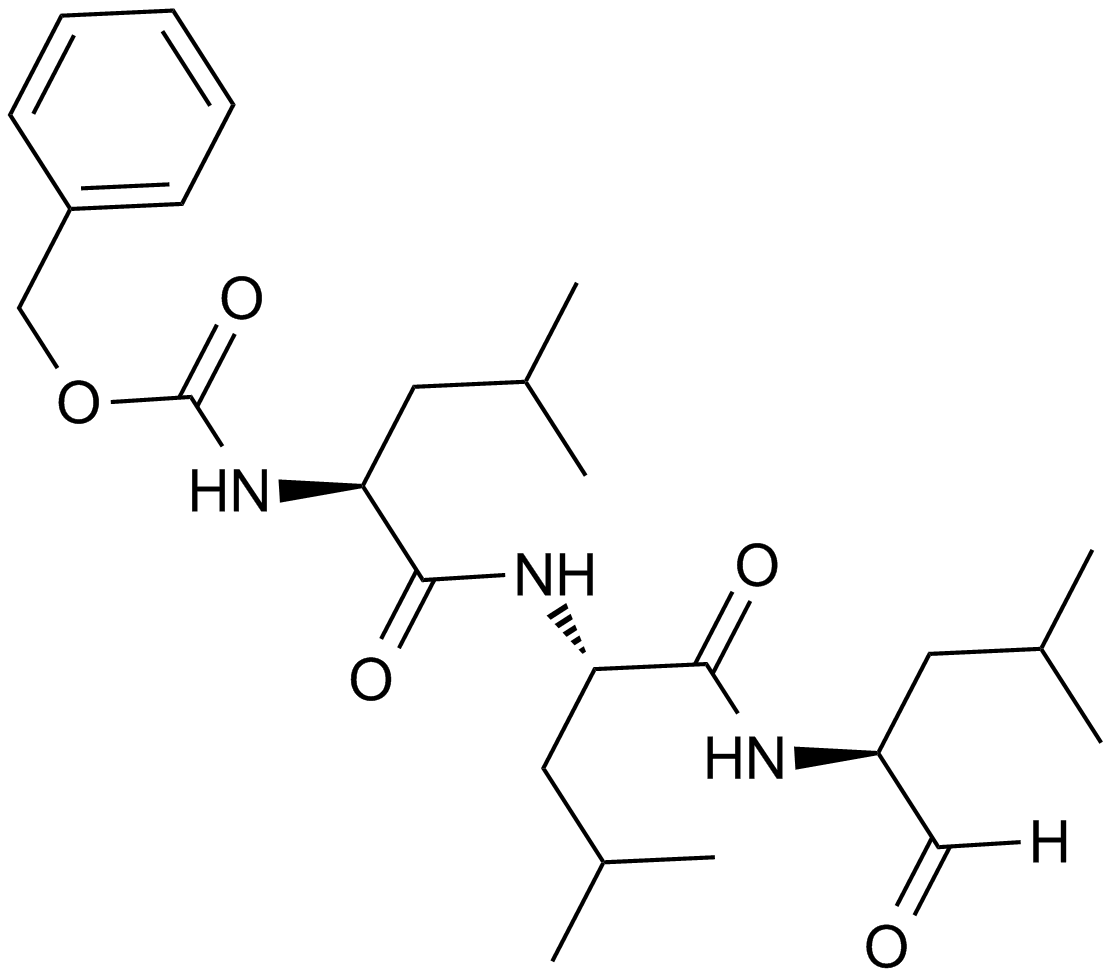 A2585 MG-13226 CitationTarget: ProteasomeSummary: Proteasome inhibitor, Cell permeable, reversible
A2585 MG-13226 CitationTarget: ProteasomeSummary: Proteasome inhibitor, Cell permeable, reversible -
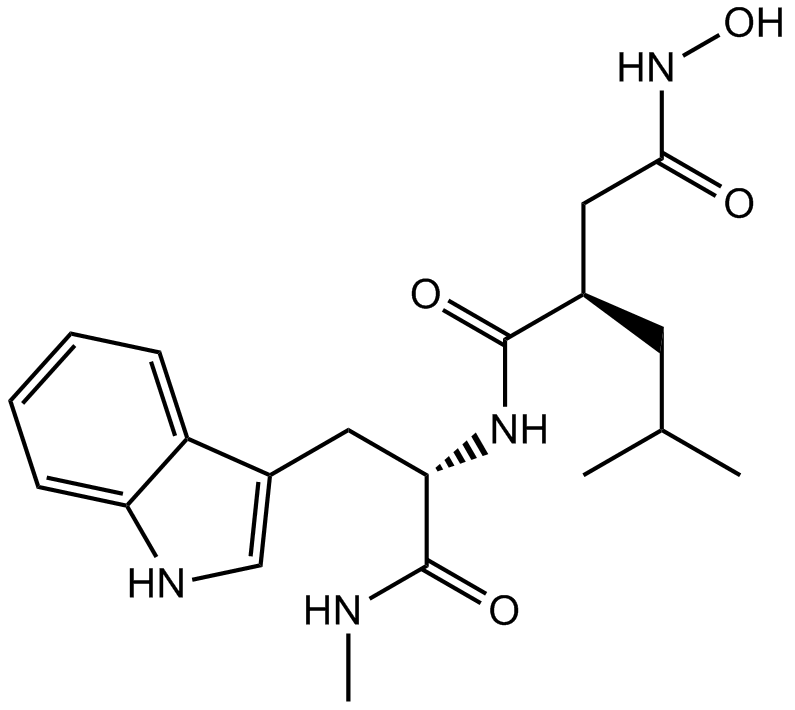 A4050 GM 60012 CitationTarget: MMPSummary: Broad spectrum MMP inhibitor
A4050 GM 60012 CitationTarget: MMPSummary: Broad spectrum MMP inhibitor -
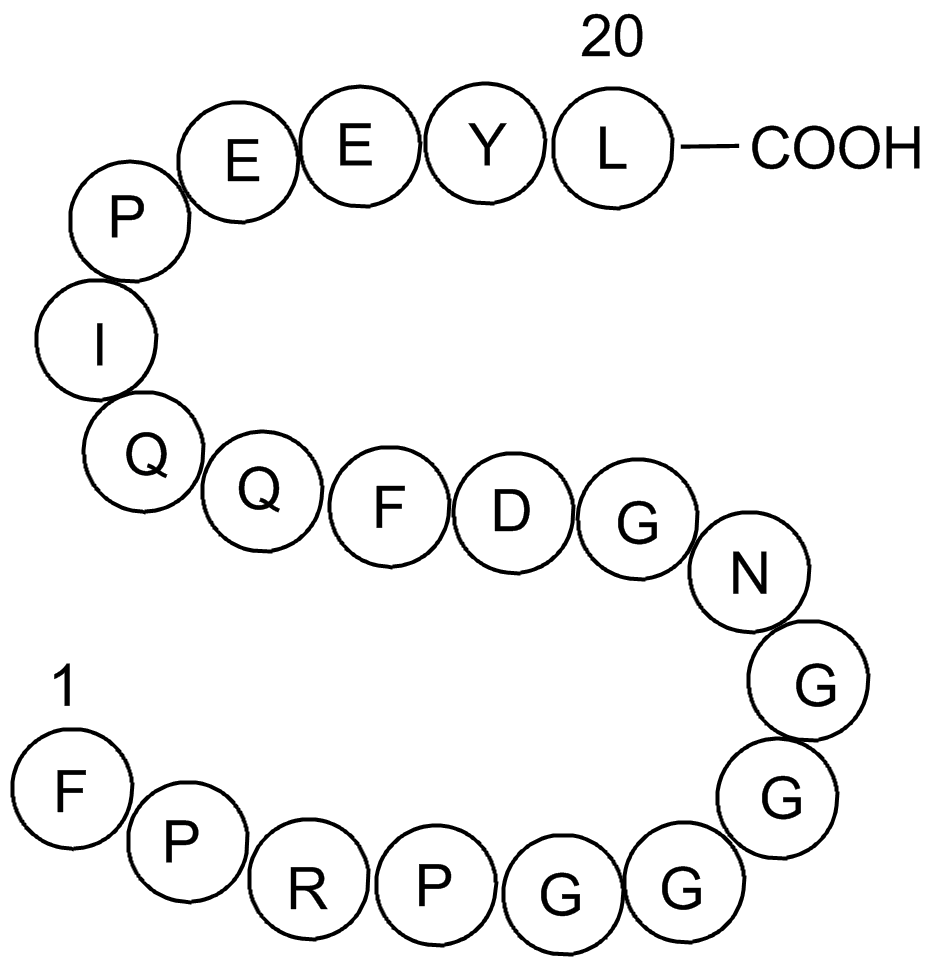 A3244 Bivalirudin TrifluoroacetateTarget: thrombinSummary: Reversible thrombin inhibitor
A3244 Bivalirudin TrifluoroacetateTarget: thrombinSummary: Reversible thrombin inhibitor -
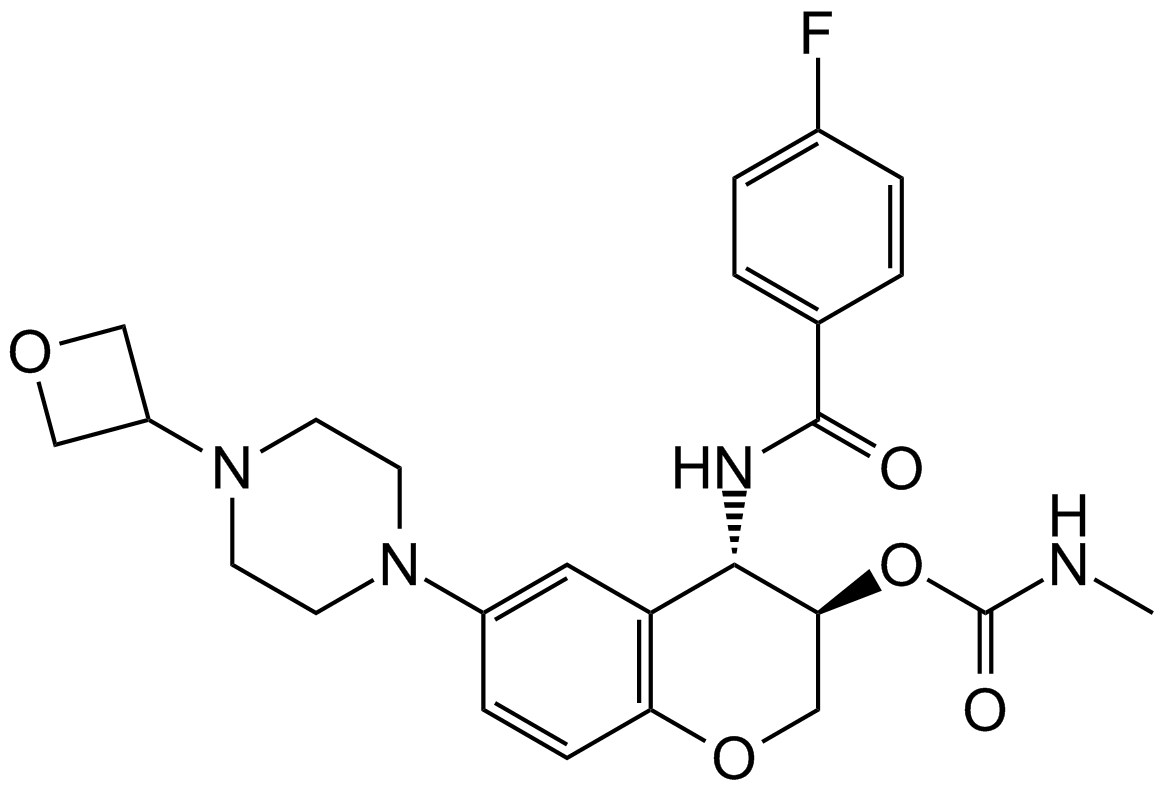 A3284 Cathepsin S inhibitor1 CitationTarget: CathepsinsSummary: Blocks MHCII antigen presentation
A3284 Cathepsin S inhibitor1 CitationTarget: CathepsinsSummary: Blocks MHCII antigen presentation -
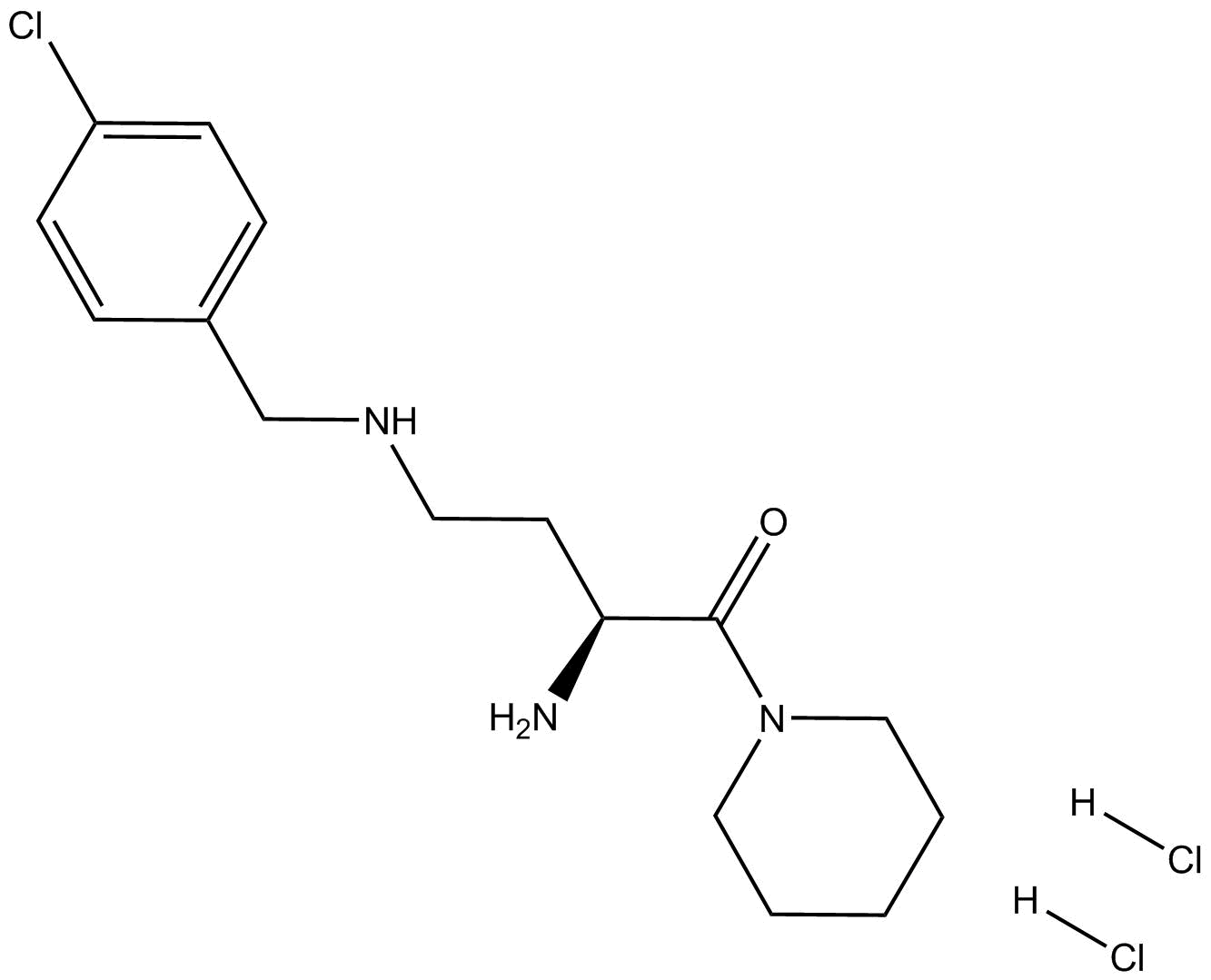 B5780 UAMC 00039 dihydrochlorideTarget: Dipeptidyl-peptidase IISummary: dipeptidyl peptidase II (DPP-II) inhibitor
B5780 UAMC 00039 dihydrochlorideTarget: Dipeptidyl-peptidase IISummary: dipeptidyl peptidase II (DPP-II) inhibitor -
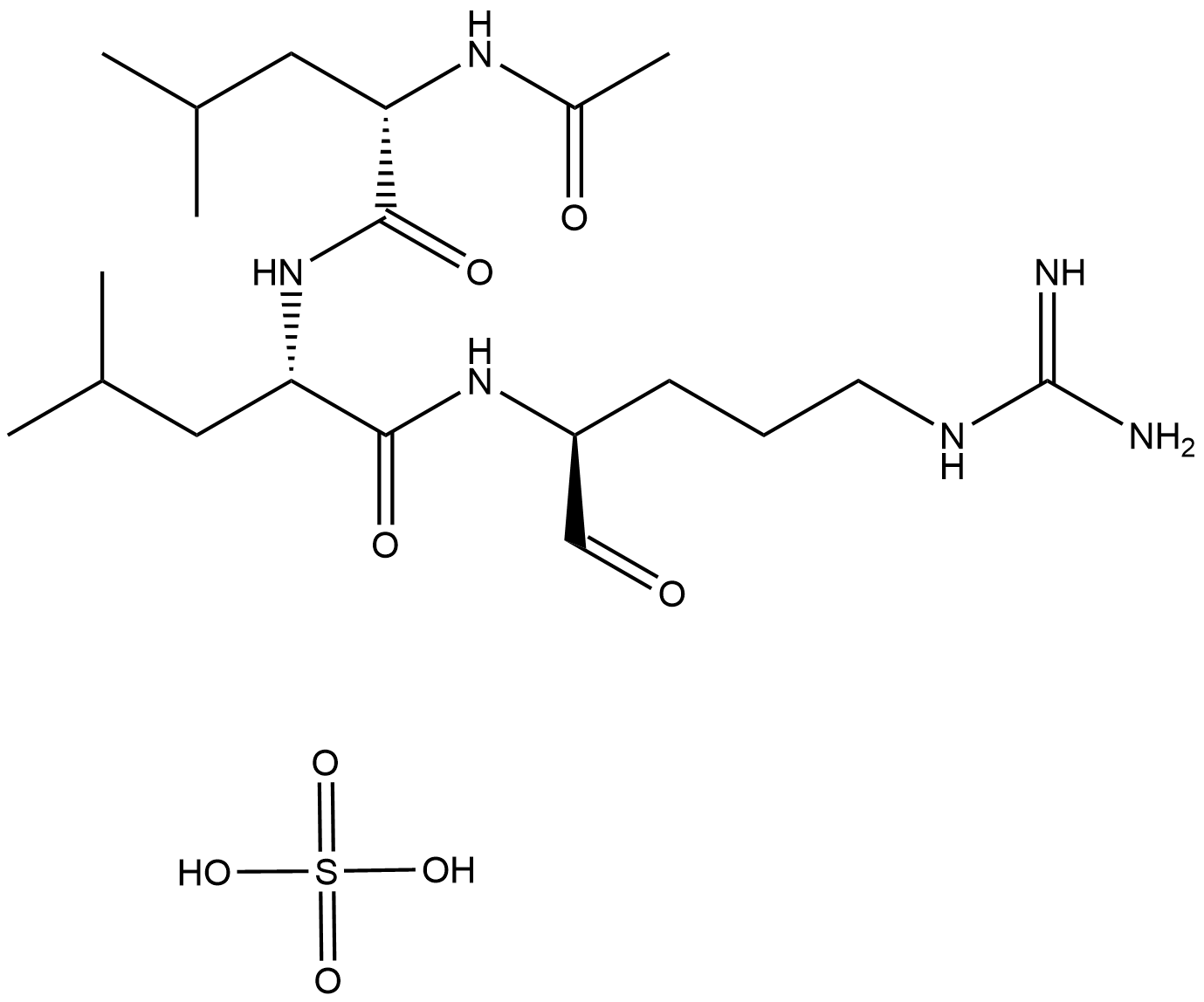 A2570 Leupeptin, MicrobialTarget: Cathepsins|Calpains|TrypsinsSummary: Inhibitor of serine and cysteine proteases
A2570 Leupeptin, MicrobialTarget: Cathepsins|Calpains|TrypsinsSummary: Inhibitor of serine and cysteine proteases -
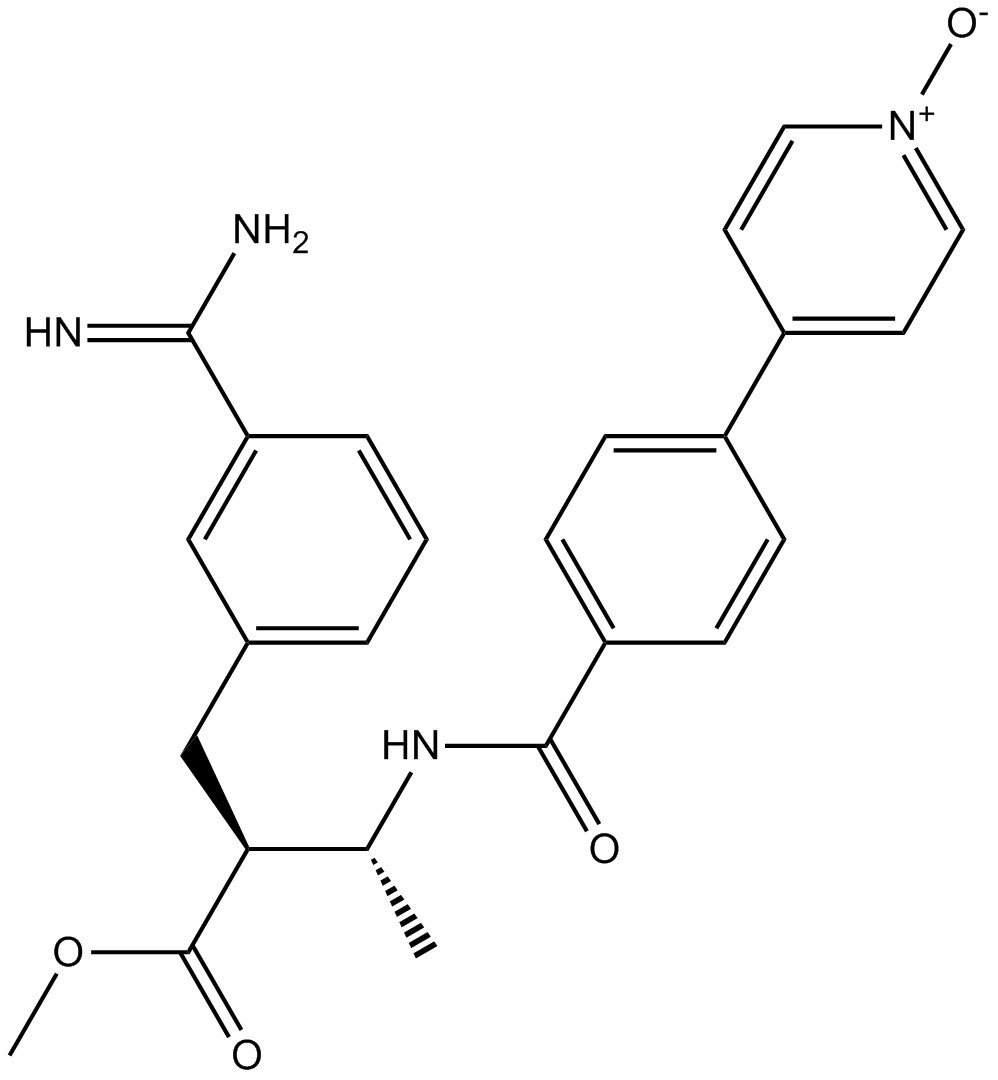 A3690 OtamixabanTarget: Factor XaSummary: Direct factor Xa inhibitors,potent and selective
A3690 OtamixabanTarget: Factor XaSummary: Direct factor Xa inhibitors,potent and selective -
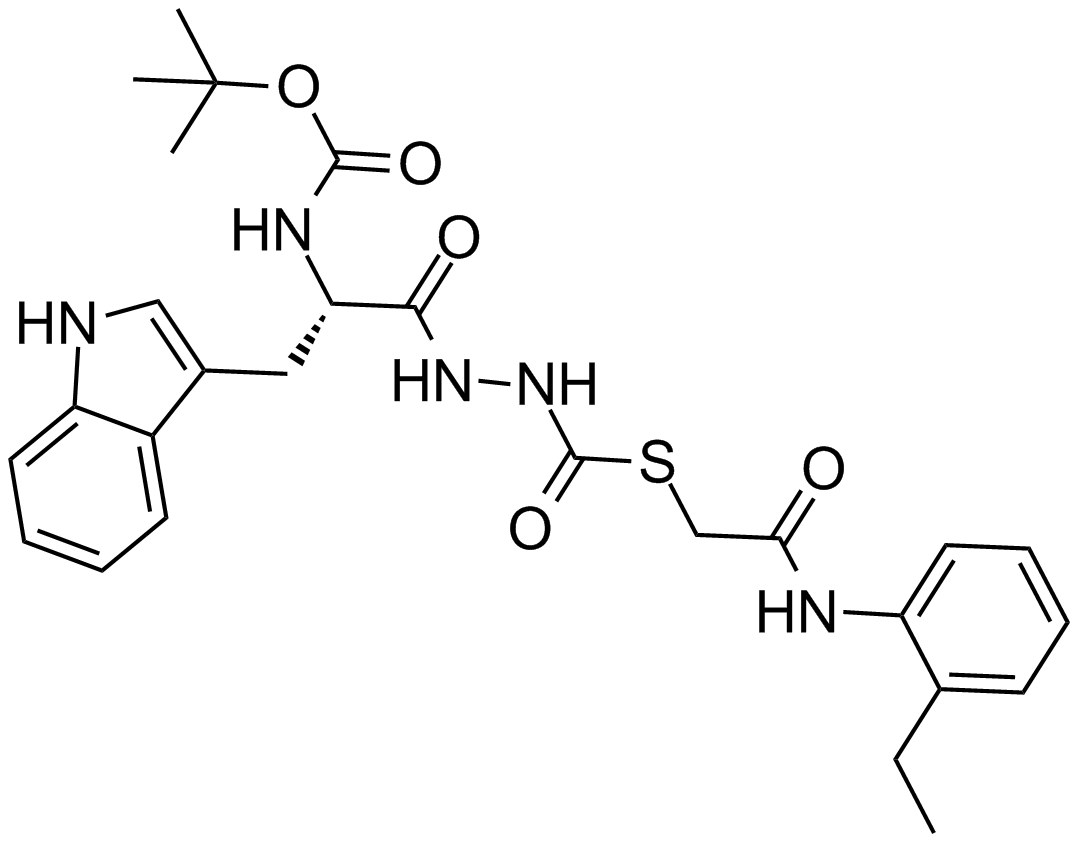 A4424 SID 26681509Target: CathepsinsSummary: Human cathepsin L inhibitor,potent and reversible
A4424 SID 26681509Target: CathepsinsSummary: Human cathepsin L inhibitor,potent and reversible

